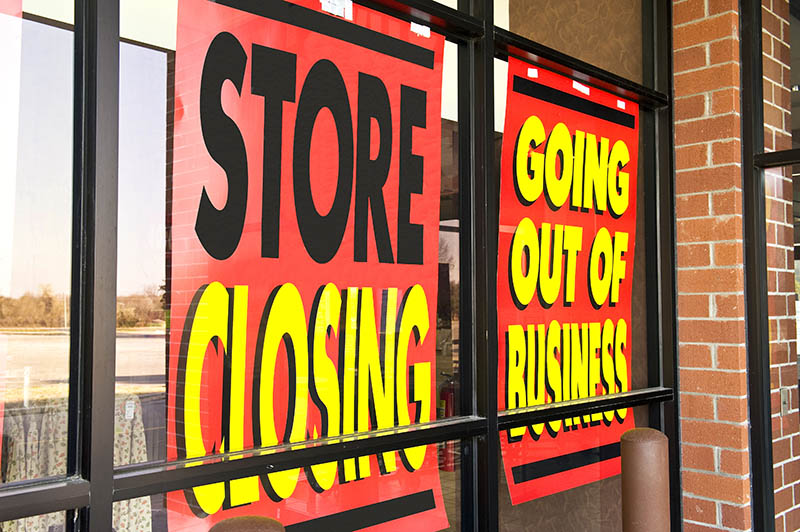Avoiding Personal Bankruptcy – Filing Bankruptcy – New Era Debt Solutions
The most knowledgeable person to give you information on filing bankruptcy is a personal bankruptcy attorney. But before you start racking up the legal fees, you would be wise to find out as much as you can about avoiding personal bankruptcy on your own.
There are a number of pitfalls in the bankruptcy route. Some of the major disadvantages are:
- Personal bankruptcy is a lengthy and time-consuming legal procedure that you do need to qualify for. Chapter 7 requires a debtor to pass the means test to qualify, and to qualify for Chapter 13, there’s a maximum limit on the amount of secured & unsecured debt that a debtor can carry.
- Filing for personal bankruptcy can require a different process from state to state as the protection offered by law varies. To ensure that all of the paperwork is filed accurately and without error, a majority of debtors would be better of hiring a personal bankruptcy lawyer, but in doing so, they can incur even more debt in the form of legal fees.
- It’s not always possible to file for a straight bankruptcy under Chapter 7. There is always a chance of you falling under Chapter 13 as amended by new laws. In such a case, you may be obliged to commit your future earnings.
- Not all forms of bankruptcy completely clear a debtor of their obligations to repay the debt. With Chapter 13 bankruptcy, the debt is repaid through a repayment plan over a 3 to 5-year period.
- In Chapter 7 bankruptcy, a trustee can sell all of the debtor’s nonexempt property in order to liquidate it and free up funds to help the repayment of the debt. This means that you could lose almost any asset that the court deems as nonexempt.
- One thing that is often overlooked in the process of bankruptcy is the possibility of losing all access to credit cards for years after the proceeding. Many credit establishments will cancel active cards immediately upon hearing that a debtor has filed for bankruptcy and getting a new credit card is near to impossible in the years following a bankruptcy filing.
- You may be able to obtain debt relief, but your credit score will suffer permanent damage, and the fresh start you dream of may not be so quick in coming.

Alternatives to Bankruptcy
If you’re considering filing for personal bankruptcy, we recommend that you take your time making the decision, and do your research. Investigate the possibility of debt settlements as a means of avoiding personal bankruptcy. The concept of debt settlement is based on negotiations with creditors. You could do the negotiations yourself or use the services of an experienced debt settlement company such as New Era. Remember that your credit card company is also facing the recession, just like you. They prefer to negotiate and recover as much money as possible, and this makes debt settlement an even better option for you. In today’s economy, filing bankruptcy should be your very last resort.
